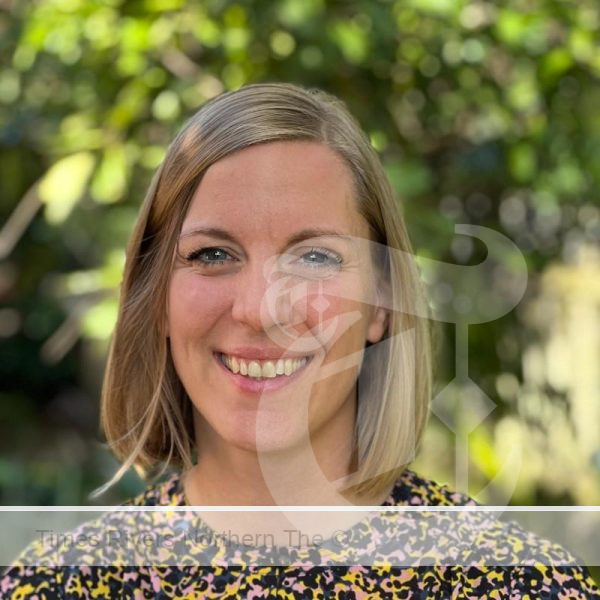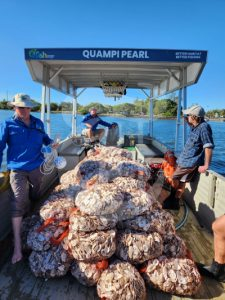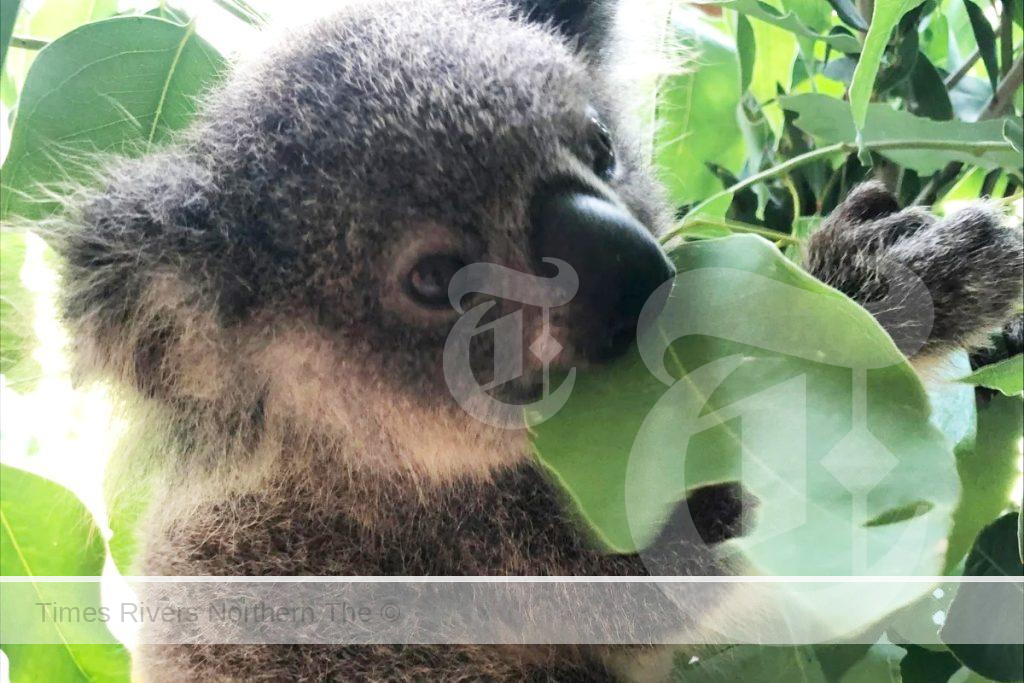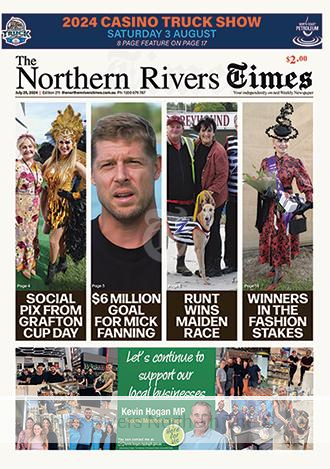Northern Rivers Koala Hospital needs funding: Urgent appeal for support
By Sarah Waters
Koalas are becoming an increasingly rare sight in NSW and the one organisation that is dedicated solely to their care in the Northern Rivers is desperately trying to keep operating as normal.
The Northern Rivers Koala Hospital, operated by Friends of the Koala, has made an urgent plea for financial support.
A decline in donations and available funding has threatened the hospital’s ability to operate effectively.
The hospital is specifically designed for the medical treatment of koalas and is the only wildlife hospital in NSW licensed to vaccinate all treated koalas against Chlamydia – the number one cause of death for koalas in the Northern Rivers.
General manager of Friends of the Koala Silva Everaers said more than 350 Koalas are treated at the hospital each year.
“From July last year we’ve seen a 20 per cent increase in koalas coming in, versus the year before,” Ms Everaers said.
“It will continue to increase as the threats to koalas are increasing with climate change, natural disasters, habitat being destroyed causing more koalas on the road, which leads to car hits, dog attacks and more diseases due to stress.
“So that’s obviously concerning, and it has been really, really busy for our volunteers rescuing and caring for them,” she said.
The Northern Rivers Koala Hospital was formed in 2019 and is part of the wider Friends of the Koala (FOK) organisation.
The FOK organisation receives government grants for certain projects including a recent grant to vaccinate 300 koalas against chlamydia.
But no government money is received for the operational cost of the koala hospital.

General Manager of Friends of the Koala Silva Everaers
Half a million dollars needs to be raised by Friends of the Koala each year to cover the hospital’s annual operating expenses.
It is set up with diagnostic and treatment tools including ultrasounds, x-rays, a blood bank, as well as surgical and pathology equipment to provide specialised 24/7 veterinary care to koalas.
Until more funds become available the hospital may not be able to continue in its current capacity.
Ms Everaers said the priority was to keep the hospital funded and veterinary staff paid.
“That really is where the research and the magic happens,” she said.
“We work with over 300 volunteers, who do an absolutely incredible job rescuing and rehabilitating the koalas treated in our hospital, and because of that we are able to keep operational costs really, really low.
“But we can’t do it without financial support, in the end, there’s medicine, veterinary staff, the equipment we need, research facilities – it’s not free.”
Friends of the Koala have set up a special donation drive, appealing to the public’s generosity to help keep the hospital in operation and maintain their high standards of care.
Anyone with a heart for wildlife, including business owners and philanthropists, can become a ‘Friend of the Northern Rivers Koala Hospital’ at: friendsofthekoala.org or support by donating to the organisation.
Friends of the Koala are a grassroots organisation with more than 35 years of experience working on critical, on-the-ground activities to conserve habitat and protect koalas individually and as a species.
It originated as a charity focused on planting trees but has evolved into a multifaceted organisation that also provides 24/7 koala rescue, medical treatment, research, advocacy and community education.
Friends of the Koala has successfully rehabilitated and released over 2000 koalas back into the wild since its inception.
The Northern Rivers is home to one of the last significant, genetically diverse koala populations.
For more local news, click here.





 Tweed Shire News2 years ago
Tweed Shire News2 years ago
 Motoring News1 year ago
Motoring News1 year ago
 COVID-19 Northern Rivers News3 years ago
COVID-19 Northern Rivers News3 years ago
 COVID-19 Northern Rivers News3 years ago
COVID-19 Northern Rivers News3 years ago
 Northern Rivers Local News3 years ago
Northern Rivers Local News3 years ago
 Health News3 years ago
Health News3 years ago
 COVID-19 Northern Rivers News3 years ago
COVID-19 Northern Rivers News3 years ago
 NSW Breaking News3 years ago
NSW Breaking News3 years ago

























